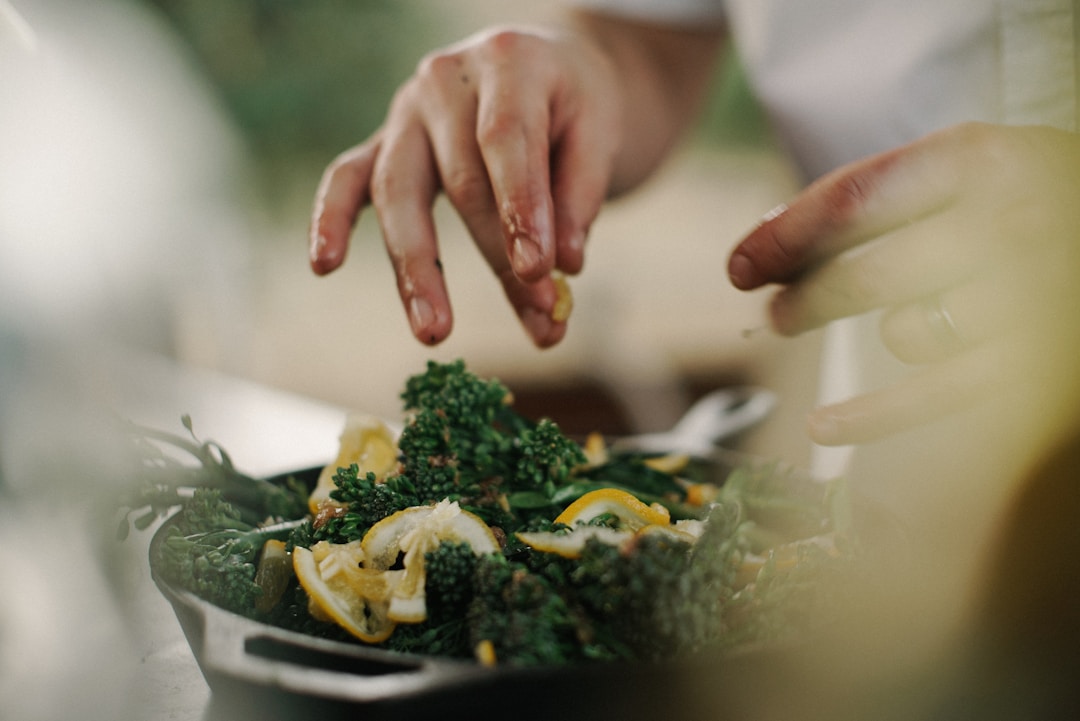A great way to choose a career path involves considering your passions. Someone who loves working with their hands may want to be a carpenter or a mechanic, while someone who loves cooking may want to pursue a career as a chef, baker, restaurateur, or culinary arts instructor.
You must complete appropriate training programs to pursue a career that incorporates your passion for cooking. Let’s look at identifying suitable career and program options you can consider.
How can you identify postsecondary programs for cooking enthusiasts?

The United States is home to almost 4,000 postsecondary institutions that award degrees, a figure that doesn’t include technical institutions that award certificates and diplomas. With so many programs and institutions to consider, choosing a postsecondary program suited to your cooking interests can be as challenging as choosing a career path.
Talk to a college application counselor about your career goals and academic interests. College guidance consultants help you identify suitable programs and navigate the application process, ensuring you impress the institution’s application review board. Your counselor can recommend courses to take in high school to qualify for admission to your dream school and help you prepare compelling application essays. Your college admissions counselor can also help you secure an internship that will strengthen your application and provide practical experience in your chosen career field.
What careers and postsecondary programs can cooking enthusiasts consider?
Cooking enthusiasts may opt to pursue a career as a chef. Although it’s possible to become a cook and rise through the ranks by acquiring on-the-job experience, aspiring chefs and head cooks can increase their job prospects by completing a culinary program. These programs can last up to four years, depending on whether you’re pursuing a certificate, associate degree, or bachelor’s degree. The U.S. Bureau of Labor Statistics (BLS) reports that the median annual income for chefs and head cooks was $53,380 in 2020, while the top 10 percent of chefs and head cooks earned over $90,000 per year.
Your interest in cooking may inspire you to become a baker. Bakers produce baked goods, such as cakes and bread. It’s possible to enter this career field without formal training, but bakers can increase their job prospects by attending culinary school. Bakers can also pursue certification through the Retail Bakers of America or complete the coursework required to become a Certified Baker or Certified Master Baker. Certified Bakers must complete 30 hours of qualifying coursework, while Certified Master Bakers must complete a total of 60 hours of approved coursework. According to the BLS, bakers earned a median annual income of $29,400 in 2020, but the top 10 percent of bakers earned more than $43,000 per year.

Restaurateurs are restaurant owners and managers, while food service managers are hired to oversee food service establishments. Food service managers will increase their job prospects by attending a technical or culinary school program. Before pursuing a career in this field, aspiring food service managers may also complete a food service management degree or a hospitality management degree. The BLS indicates food service managers earned median annual incomes of $56,590 in 2020, with top wage earners taking home more than $90,000.
Restaurateurs will also need other resources, such as a building, employees, and restaurant equipment. Olympia restaurant equipment supplies essential commercial kitchen equipment, including refrigerators, freezers, dishwashers, mixers, and prep tables. Leasing restaurant equipment’s an affordable way to secure the resources you need to launch your restaurant.
Cooking enthusiasts may also pursue a career teaching culinary arts programs. Salary.com reports culinary arts teachers earned average incomes of $52,646 in 2021. Culinary arts teachers must have a bachelor’s degree in a relevant discipline.
Cooking enthusiasts can pursue various academic programs, including programs awarding certificates, diplomas, and degrees. Aspiring chefs, bakers, food service managers, or culinary arts teachers may complete culinary arts programs before entering their chosen career field.